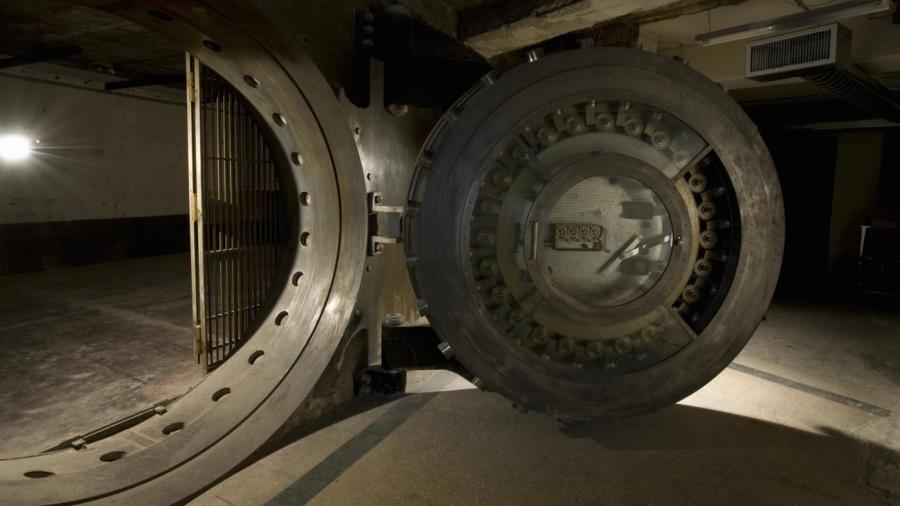Why Did Jefferson and Madison Oppose the National Bank?

Jefferson and Madison opposed the national bank because they felt it was unconstitutional and because they felt that the centralization of financial power would weaken the monetary system of the United States. They argued that a national bank would aid Northern businesses but hinder agrarian interests in the South.
Alexander Hamilton, the first secretary of the treasury, initially proposed the national bank, called the First Bank of the United States, to reduce the debt from the Revolutionary War and stabilize the nation’s currency. Jefferson and Madison insisted that it violated the 10th Amendment of the Constitution, which stated that any powers the Constitution did not specifically give Congress remained with the people. Hamilton also cited the 10th Amendment in the bank’s defense, saying that the amendment implied the government’s right to establish a national bank because it was for the common good.
In the end, the decision fell to the newly elected president George Washington. After carefully considering the arguments of his various cabinet members, Washington sided with Alexander
Hamilton and signed the bill establishing the national bank. In 1791, the First Bank of the United States received a 20-year charter. Its initial funding consisted of a $ 2 million contribution by the U.S. government and $8 million more by private shareholders. A board of 25 directors, five of whom the federal government appointed, directed the bank. In 1811, when the bank’s charter expired, it was not renewed, but five years later the Second Bank of the United States was formed to help finance the war of 1812.





